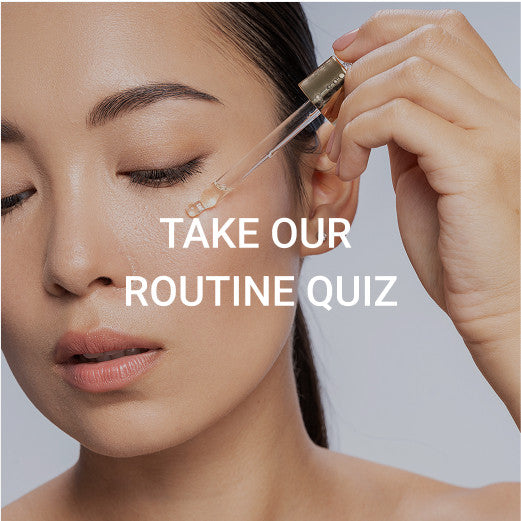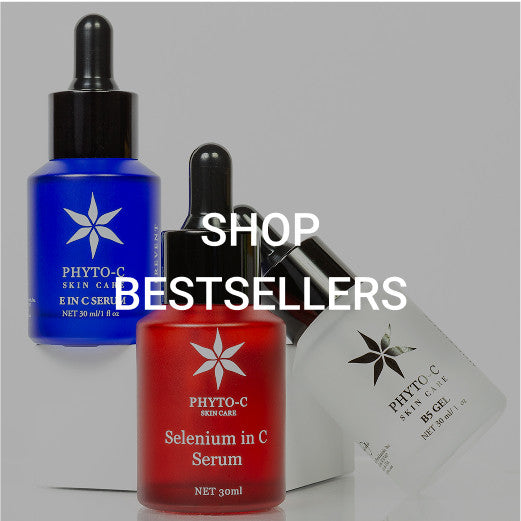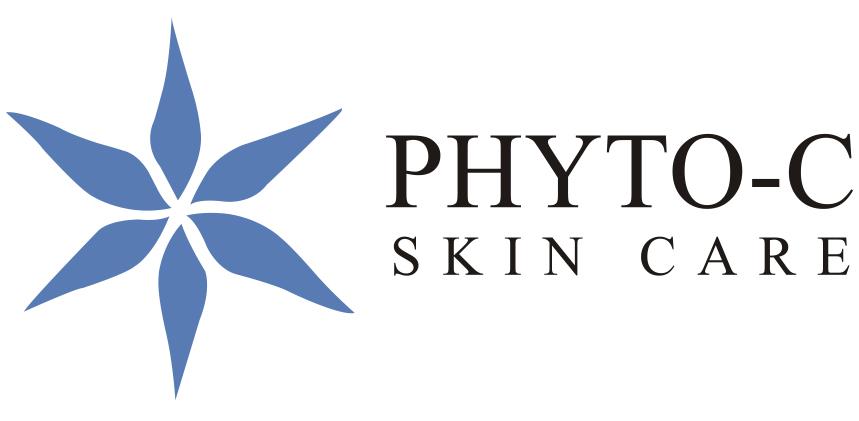Skincare ingredients to avoid if you get less than 5 hours of sleep include popular AHA's and BHA's. Skin aging has a direct correlation to how much sleep you get.There's finally some data to validate a cliche saying. How many times have you cancelled plans on someone because you needed to make sure you got enough beauty sleep? Even though you and I both know it was only an excuse, there is scientific data that can validate that reasoning. In a study published in Clinical Dermatology, sleeping for less than 5 hours results in increased trans-epidermal water loss and decreased barrier recovery. In English, this translates to your skin loses more water and becomes thinner. Trust me, I'm a doctor*. Ph.D, but I can research quite well and enjoy doing so.
Ingredients to Avoid if You Sleep Less Than 5 Hours:
- Lactic Acid
- Glycolic Acid
- Salicylic Acid
If you’re anything like me and believe that sleep is important but have major FOMO (fear of missing out), then there are a few important skincare ingredients to avoid that will expedite thin your skin even more if you sleep for less than 5 hours. Ingredients that resurface or exfoliate your skin also decrease the skin’s barrier leading to increased trans-epidermal loss. Three of the most common ingredients found in skincare products responsible for exfoliating include glycolic acid, lactic acid, and salicylic acid. Typically, these ingredients can be beneficial when used in low concentrations around 1%. However, according to Yang and Tang's review article published in Molecules; higher concentrations above 10%, AHA’s and BHA’s resurface the skin and disrupt the skin barrier resulting in increased trans-epidermal water loss which may expedite the appearance of skin aging.
Sleeping Less Than 5 Hours Results in Thinning Skin:
60 healthy women were categorized as poor-quality sleepers or good quality sleepers. A poor-quality sleeper was defined as receiving less than or equal to 5 hours of sleep and good quality sleepers were classified as those who slept between 7–9 hours. Both groups of women were assessed for intrinsic and extrinsic skin ageing. They evaluated dark under‐eye circles using standardized photos and barrier recovery after tape-stripping the skin to measure their trans-epidermal water loss. The women were exposed to simulated solar ultraviolet light, and recovery from erythema was monitored. The women also completed a questionnaire evaluating self‐perception of attractiveness.
Unsurprisingly, poor sleepers had increased trans-epidermal water loss compared to good-quality sleepers. Additionally, after 72 hours after tape stripping each participants’ skin; good sleepers had 30% greater barrier recovery and had significantly better recovery from erythema. Good-quality sleepers also reported a significantly better perception of their appearance and physical attractiveness compared with poor sleepers.
Ingredients to Look For if You Suffer from Lack of Sleep:
- Hyaluronic Acid
- Vitamin B5
- Vitamin C (L-Ascorbic Acid)
- Vitamin E (Alpha-tocopherol)
Ingredients that help in maintaining optimal skin health are vital in a good skincare routine but are even more essential when skin is thin which results in sagging skin, pronounced wrinkles, and discoloration.
A few ingredients that will help maintain good skin health and improve the skin’s barrier function are hyaluronic acid, vitamin B5, Vitamin C, and Vitamin E. Hyaluronic acid holds up to 1000x its weight in water and when complemented with vitamin B5 will leave your skin hydrated, moisturized, and rejuvenated. This may be the reason Phyto-C's B5 Gel is one of the best-selling products for hydration and skin maintenance.
Vitamin C and Vitamin E have been well studied as the strongest vitamins to combat free radical damage and protect your skin from the premature signs of aging when formulated correctly with L-ascorbic acid, below a pH of 4.2, and in a concentration less than 20% similar to what is found in Phyto-C's E in C Serum.


 My Account
My Account Our Story
Our Story Shipping Information
Shipping Information Returns
Returns FAQ
FAQ Contact Us
Contact Us

 Next Post
Next Post